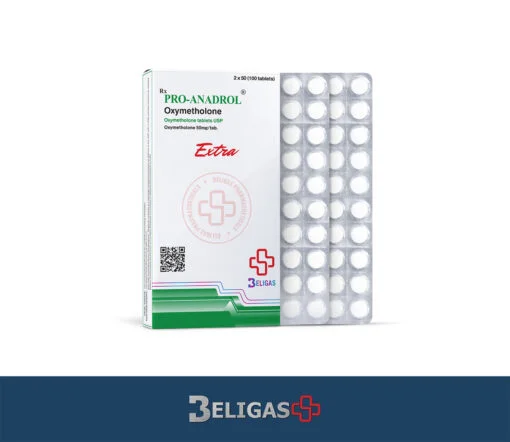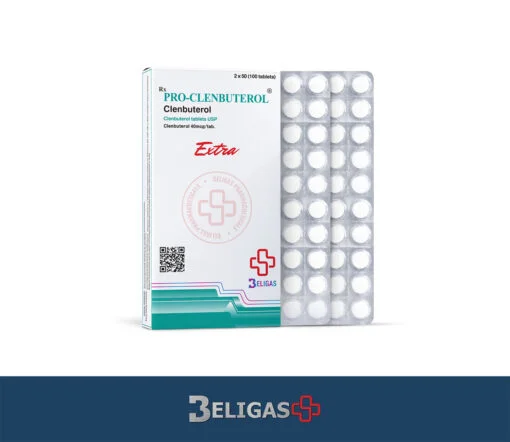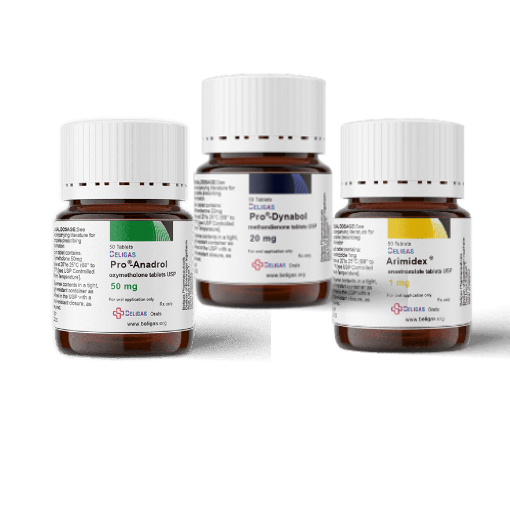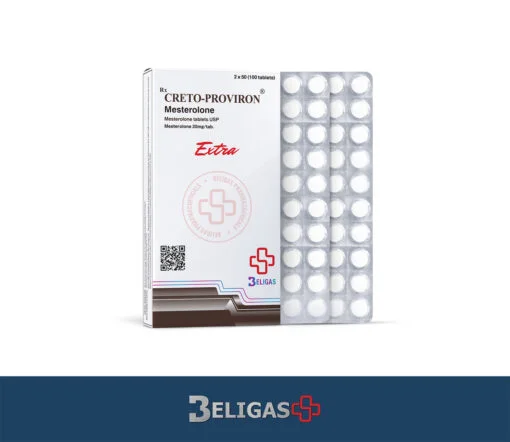Only logged in customers who have purchased this product may leave a review.
Clomid 50mg: Boost Recovery, Balance Hormones, Elevate Performance!
Since the medicate fortifies ovulation, clomid 50mg has gotten to be well known with battling moms. Moreover, men can utilize Clomid to increment testosterone levels and upgrade fertility.
Key Benefits
Clomid can viably actuate ovulation in ladies who do not ovulate at all or encounter sporadic menstrual cycles and increment their chances of getting pregnant.
Affordable When compared to other richness medications, Clomid is for the most part an reasonable first-line treatment alternative for infertility.
Clomid can be effectively taken orally, which is a great elective to infusions or other intrusive methods for ease of administration.
Clomid is a dual-use medicine.
Dosage and Administration
You ought to ordinarily take Clomid at a measurements of 50 mg per day for five successive days, beginning on the fifth day of your menstrual cycle, more often than not around day 10. After assessing your reaction to treatment, your specialist may alter your measurements up to 250 mg per day based on how well it works for you.
Possible Side Effects
While Clomid is by and large secure to take, it can cause unfavorable responses, including:
Nausea Gentle sickness may happen after beginning a modern pharmaceutical; particularly at first.
















 No products in the cart.
No products in the cart.
Reviews
There are no reviews yet.